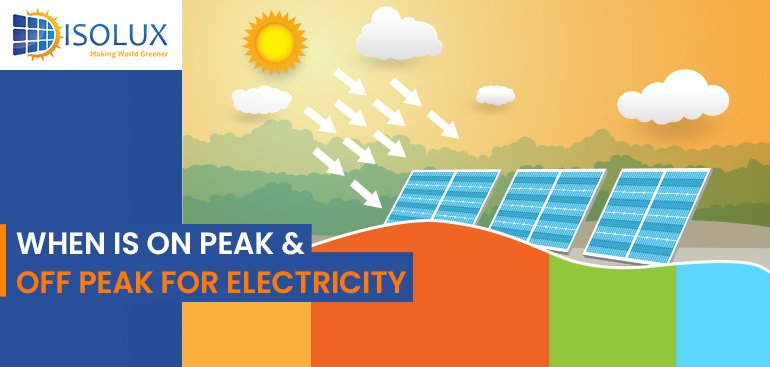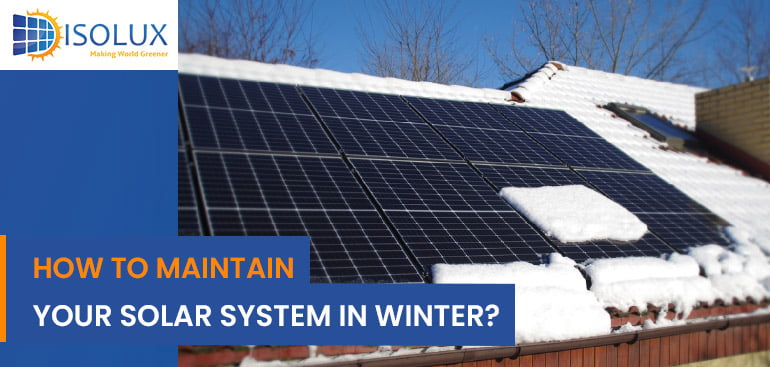Understanding when electricity rates are highest and lowest can help Sydney residents manage energy costs more effectively. Electricity usage is typically categorized into on-peak, off-peak, and sometimes shoulder periods, which are priced differently based on energy demand. Let’s get into what on-peak and off-peak electricity periods are, how they work, and when to use them to save on your electricity bill in Sydney.
What Time of Day is the Most Energy Used?
In New South Wales, peak electricity hours are from 2 p.m. to 8 p.m., Monday to Friday. Shoulder rates apply from 7 a.m. to 2 p.m. and 8 p.m. to 10 p.m., while off-peak rates cover low-demand times. Weekends only have shoulder or off-peak rates, with no peak charges.
What is On-Peak Electricity?
On-peak electricity refers to the times of day when energy demand is at its highest, which usually corresponds to when most people are at home and using multiple appliances. During these times, electricity providers charge higher rates because there is greater demand on the energy grid.
In Sydney, on-peak times generally occur:
Weekdays between 2 PM and 8 PM (times may vary slightly depending on the provider).
During on-peak hours, most households are using high-power appliances such as air conditioners, heaters, washing machines, and ovens, which results in higher demand for electricity.
What is Off-Peak Electricity?
Off-peak electricity refers to times when demand for energy is lower, and therefore, the cost of electricity is reduced. Off-peak rates are typically much cheaper than on-peak rates, making these times ideal for using energy-intensive appliances.
In Sydney, off-peak periods are usually:
1. Late night and early morning hours (10 PM to 7 AM).
2. Weekends and public holidays can also feature off-peak rates, depending on the provider.
Off-peak hours are ideal for running appliances like dishwashers, washing machines, or pool pumps because electricity is significantly cheaper during these periods.
What is Shoulder Electricity?
In addition to on-peak and off-peak times, some energy providers offer shoulder periods. These occur between the on-peak and off-peak times and are priced somewhere in the middle. Shoulder periods are typically in the morning and evening, outside of peak hours.
In Sydney, shoulder periods may fall between: 7 AM to 2 PM and 8 PM to 10 PM on weekdays.
Shoulder periods can be a cost-effective time to use appliances if you can’t shift your usage to off-peak hours.
Why Do Electricity Prices Vary?
Electricity prices vary throughout the day due to supply and demand. When demand is high, such as during on-peak periods, electricity providers need to ramp up production, often using more expensive and less efficient power sources. To manage this, they charge higher rates during these periods.
On the other hand, during off-peak hours, demand for electricity is lower, and the cost of generating and supplying electricity is reduced. Providers pass these savings onto consumers by offering cheaper rates during off-peak times.
How to Make the Most of On-Peak and Off-Peak Electricity
To reduce your electricity bill, it’s important to shift as much of your energy usage as possible to off-peak and shoulder periods. Here are some tips to help you make the most of these pricing periods:
1. Use timers for appliances: Set timers on your washing machine, dishwasher, or pool pump to run during off-peak hours. Many modern appliances come with programmable timers that make this easy.
2. Charge devices overnight: If you have an electric vehicle or battery-powered devices, charging them overnight during off-peak hours can lead to significant savings.
3. Invest in a smart thermostat: Smart thermostats allow you to program heating and cooling systems to operate outside of peak times, reducing your overall energy consumption during the most expensive periods.
4. Run energy-heavy tasks during off-peak times: Tasks like laundry, cooking, and using the dryer are best done during off-peak or shoulder periods whenever possible.
5. Consider solar energy: Installing a solar panel system, like the ones provided by Isolux Solar, can further reduce your reliance on grid electricity, especially during on-peak times. Solar energy can help power your home during the day, and a battery storage system like Tesla Powerwall can store excess energy to use during peak hours.
Off-Peak and On-Peak Hours for Solar Energy Users
For Sydney residents with solar panels, the concept of on-peak and off-peak energy use can work in your favor. Solar systems produce the most energy during the day, which typically overlaps with shoulder periods. By using stored solar energy during on-peak periods, homeowners can avoid the high electricity rates during these times.
If you have a solar battery system, you can store excess energy generated during the day and use it during on-peak periods, further reducing your reliance on grid electricity and maximizing savings.
Sydney’s Electricity Tariffs
In Sydney, electricity providers offer different tariff structures that impact when on-peak and off-peak rates apply. The two most common types are:
1. Time-of-Use (TOU) Tariffs: In this plan, electricity rates change depending on the time of day (on-peak, off-peak, and shoulder periods). TOU tariffs encourage consumers to use energy during off-peak periods when rates are lower.
2. Flat Rate Tariffs: These offer a consistent rate for electricity usage, regardless of the time of day. While simpler, flat rate tariffs do not offer the same opportunities for savings as TOU tariffs, especially for those able to shift energy usage to off-peak hours.
Check with your energy provider to see which tariff plan you are on and consider switching to a time-of-use plan if it fits your household’s energy usage pattern.
Final Thoughts
Understanding when on-peak and off-peak electricity periods occur can help Sydney homeowners and businesses save on energy costs by shifting usage to less expensive times. By following the tips above, you can better manage your electricity use, lower your bills, and reduce your carbon footprint.
At Isolux Solar, we specialize in solar panel installations and energy storage solutions that can help you maximize savings by generating and storing your own electricity. Contact us today to learn more about how you can benefit from a solar power system and take control of your energy costs.
Read Next Blog:




